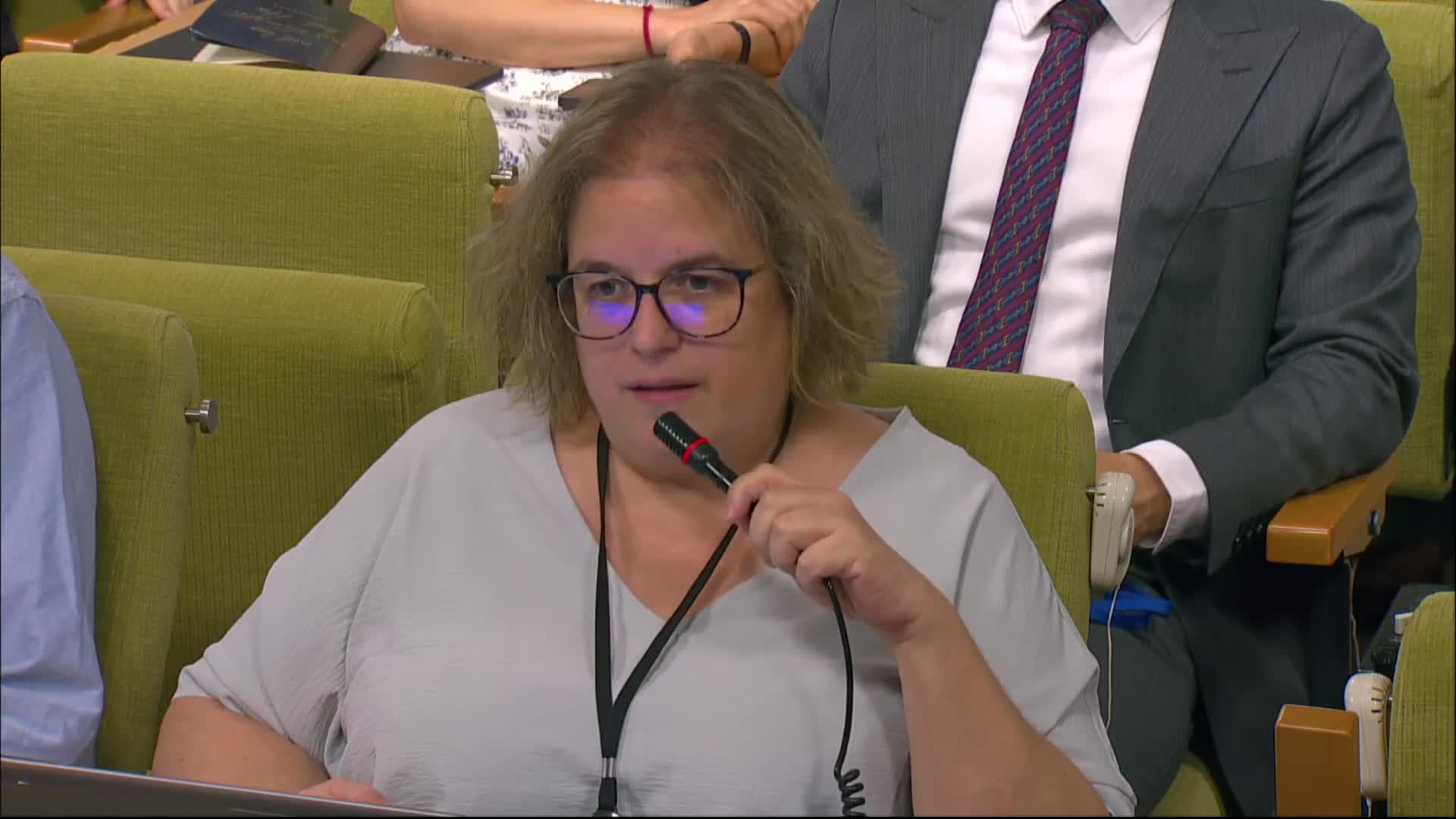Security Council Debates Future of Temporary Mission Amid Gaza Crisis Concerns
August 02, 2025 | United Nations, Federal
This article was created by AI summarizing key points discussed. AI makes mistakes, so for full details and context, please refer to the video of the full meeting. Please report any errors so we can fix them. Report an error »

The recent United Nations Security Council meeting highlighted pressing concerns regarding the future of international missions in conflict zones, particularly in the context of Israel and Gaza. As discussions unfolded, the potential for reducing or even halting certain missions emerged as a significant topic, reflecting a shift in perspectives among member nations.
One of the key issues raised was the ongoing debate about the mission's temporary nature. Some council members expressed the view that the mission should aim to "put itself out of a job," suggesting that its objectives should evolve towards fostering stability and self-sufficiency in the region. This perspective indicates a desire for a strategic transition rather than a perpetual presence, which could have implications for how international support is structured in the future.
The situation in Gaza was also a focal point of discussion, with concerns about the humanitarian crisis becoming increasingly urgent. The council acknowledged the dire conditions faced by residents, with one member emphasizing that "hunger in Gaza is real." This recognition of the humanitarian aspect underscores the need for immediate action and a reevaluation of strategies to address both the humanitarian and political challenges in the region.
The meeting also touched on the momentum generated by recent discussions surrounding a two-state solution, suggesting that there may be opportunities to leverage this momentum to advance dialogue and action on the Gaza situation. The council's engagement in upcoming sessions is anticipated, as members seek to address the complexities of governance and territorial issues in Gaza.
In conclusion, the Security Council's discussions reflect a critical juncture in international relations concerning conflict resolution and humanitarian aid. As the council navigates these challenges, the outcomes will likely have significant implications for the communities affected by these decisions, particularly in Gaza, where the need for support and stability remains paramount. The next steps will be crucial in determining how effectively the council can respond to these pressing issues and foster a path towards peace and recovery.
One of the key issues raised was the ongoing debate about the mission's temporary nature. Some council members expressed the view that the mission should aim to "put itself out of a job," suggesting that its objectives should evolve towards fostering stability and self-sufficiency in the region. This perspective indicates a desire for a strategic transition rather than a perpetual presence, which could have implications for how international support is structured in the future.
The situation in Gaza was also a focal point of discussion, with concerns about the humanitarian crisis becoming increasingly urgent. The council acknowledged the dire conditions faced by residents, with one member emphasizing that "hunger in Gaza is real." This recognition of the humanitarian aspect underscores the need for immediate action and a reevaluation of strategies to address both the humanitarian and political challenges in the region.
The meeting also touched on the momentum generated by recent discussions surrounding a two-state solution, suggesting that there may be opportunities to leverage this momentum to advance dialogue and action on the Gaza situation. The council's engagement in upcoming sessions is anticipated, as members seek to address the complexities of governance and territorial issues in Gaza.
In conclusion, the Security Council's discussions reflect a critical juncture in international relations concerning conflict resolution and humanitarian aid. As the council navigates these challenges, the outcomes will likely have significant implications for the communities affected by these decisions, particularly in Gaza, where the need for support and stability remains paramount. The next steps will be crucial in determining how effectively the council can respond to these pressing issues and foster a path towards peace and recovery.
View full meeting
This article is based on a recent meeting—watch the full video and explore the complete transcript for deeper insights into the discussion.
View full meeting